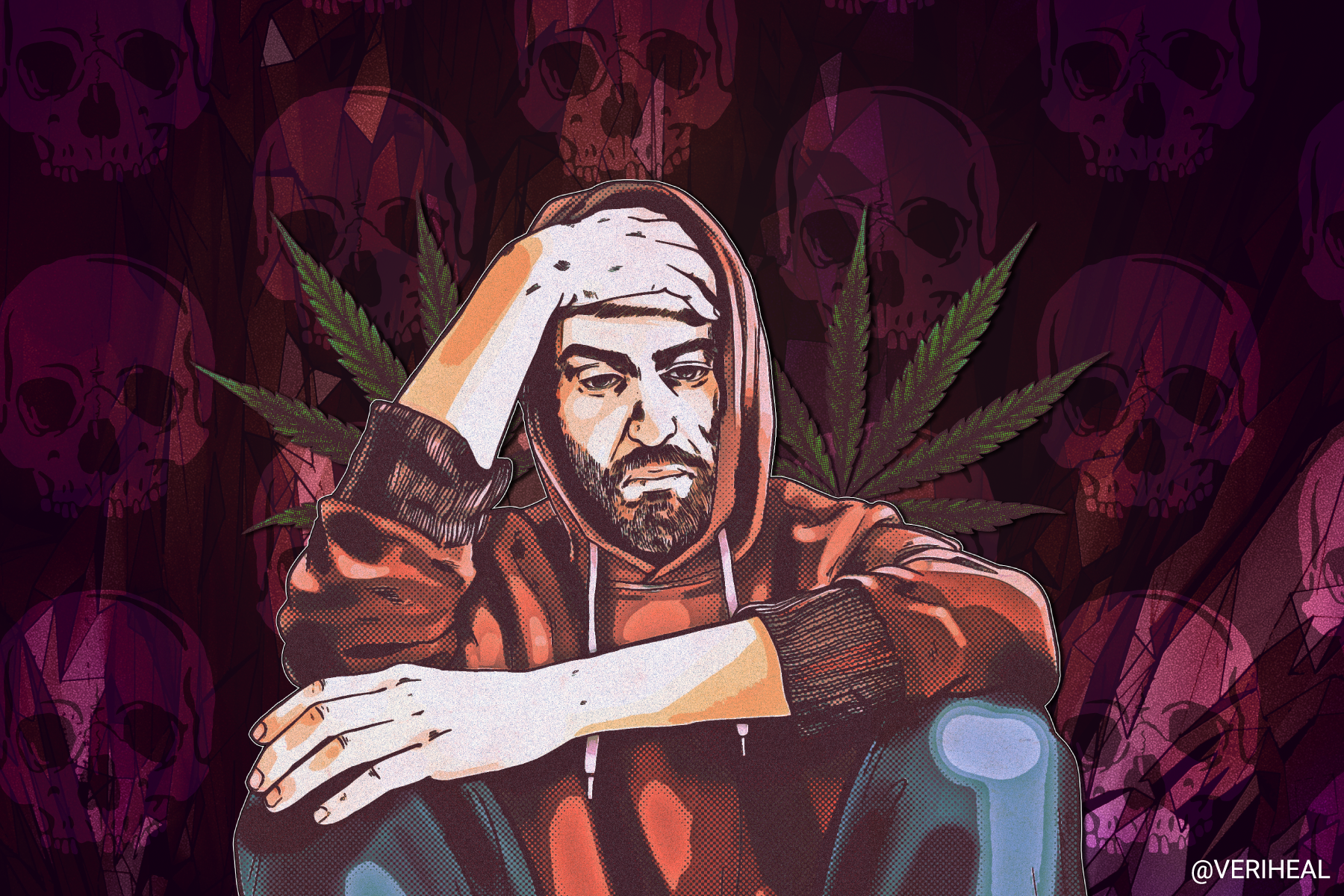When cannabis legalization began to gain ground and support, those who remained opposed to these policy changes touted claims that legalization would increase the risk of mental illness or even suicide among affected populations. However, a study has found that this is not the case, suggesting that those opposed to legalization are making unfounded claims. Opponents are likely referencing studies that link mental illness to regular cannabis use, even though those studies have been invalidated by research and do not even revolve around legalization.
The relationship between cannabis consumption, mental health, and suicide has been a hot topic for both those for and against cannabis legalization. Those who support cannabis have used the evidence of its ability to treat mental conditions like post-traumatic stress disorder (PTSD) to rebuke claims of a link between cannabis and mental illness. Despite this evidence, those against the plant remain unwavering in their claims of cannabis increasing the risk of mental illness and/or suicide.
Recently, a team of researchers from Case Western Reserve University School of Medicine, Yale Law School, Cato Institute, Reason Foundation, and others decided to investigate the matter. The team built on a previous study that researched a possible correlation between cannabis and mental illness and echoed the first study’s findings that the correlation is nonexistent.
Building on Previous Findings
Jeffrey Singer, Jacob Rich, Michael Schemenaur, and Robert Capodilupo decided to assess the findings of a study published in 2014 in the American Journal of Public Health that found no correlation between legalized cannabis and risks of mental illness or suicide. The team wanted to understand whether the earlier research was still valid in today’s times, especially considering the claims being made by anti-legalization groups.
Singer explains that 19 states and the District of Columbia have legalized cannabis for recreational use and medical cannabis can be accessed in 35 states. The team performed a state-level longitudinal analysis using available data on suicide and mental health morbidity rates from the National Center for Health Statistics and the National Survey on Drug Use and Health, following the same procedure as the 2014 study.
Why You Should Get Your Medical Marijuana Card
Veriheal has satisfied millions of patients nationwide by giving them access to these benefits
- Larger purchase limits
- Peace of mind
- Enhanced legal protection
- Access to higher potency strains
- Save up to 25% on cannabis purchases
- Skip the line at the dispensary
“We found that recreational marijuana access was associated with a 6.29 percent reduction in suicide rates for males aged 40 to 49, but no other mental health outcomes were otherwise affected by liberalization of marijuana laws,” states Singer. Currently, the study is available for viewing but is awaiting peer-review for publication in a major scientific journal.
Singer and his team state that as medical and recreational use of cannabis becomes more common and widespread, concerns of an unproven correlation between consumption and mental illness should not hinder state or federal efforts to decriminalize or legalize cannabis—especially considering the immense amount of data supporting the therapeutic benefits of cannabis. The team also suggests that legalization at federal levels will allow for more comprehensive research and results.
Support From Other Studies
While the research from 2014 that nullifies anti-legalization advocates’ claims is now supported by the study conducted by Singer et al., many other studies support the link between cannabis and improved mental health. For example, a study published in the Journal of Psychopharmacology found that of people with PTSD, those who used cannabis were less likely to experience major depressive episodes and suicidal ideation compared to sufferers who did not use cannabis.
Additionally, there are several studies that found no increase in adolescent consumption of cannabis due to legalization. In fact, there was a study that found a decrease in adolescent cannabis consumption in 2020. Other studies have found no significant difference between adolescent consumption and cannabis legalization. So, once again, there is no adverse correlation between cannabis legalization and underage cannabis consumption as some anti-cannabis legalization supporters would claim.
Singer et al. explain that their study “…also supports recent research by Anderson et al. (2021) observing that average marijuana use among teens might modestly drop following recreational marijuana access laws. Although the reasons for this are not clear, this development may be due to the proliferation of marijuana dispensaries in states that allow recreational access to marijuana, which may reduce the number of black-market drug dealers who are willing to sell psychoactive substances to children who are still experiencing major cognitive developments.”
Cannabis legalization continues to be a hot debate, but the fact remains that there is no definitive correlation between cannabis consumption and mental illness or suicide. Nonetheless, studies like these should continue to be conducted to ensure that citizens putting in their two cents on legalization initiatives—particularly on voting ballots—are making informed decisions.
Author, Share & Comments
















